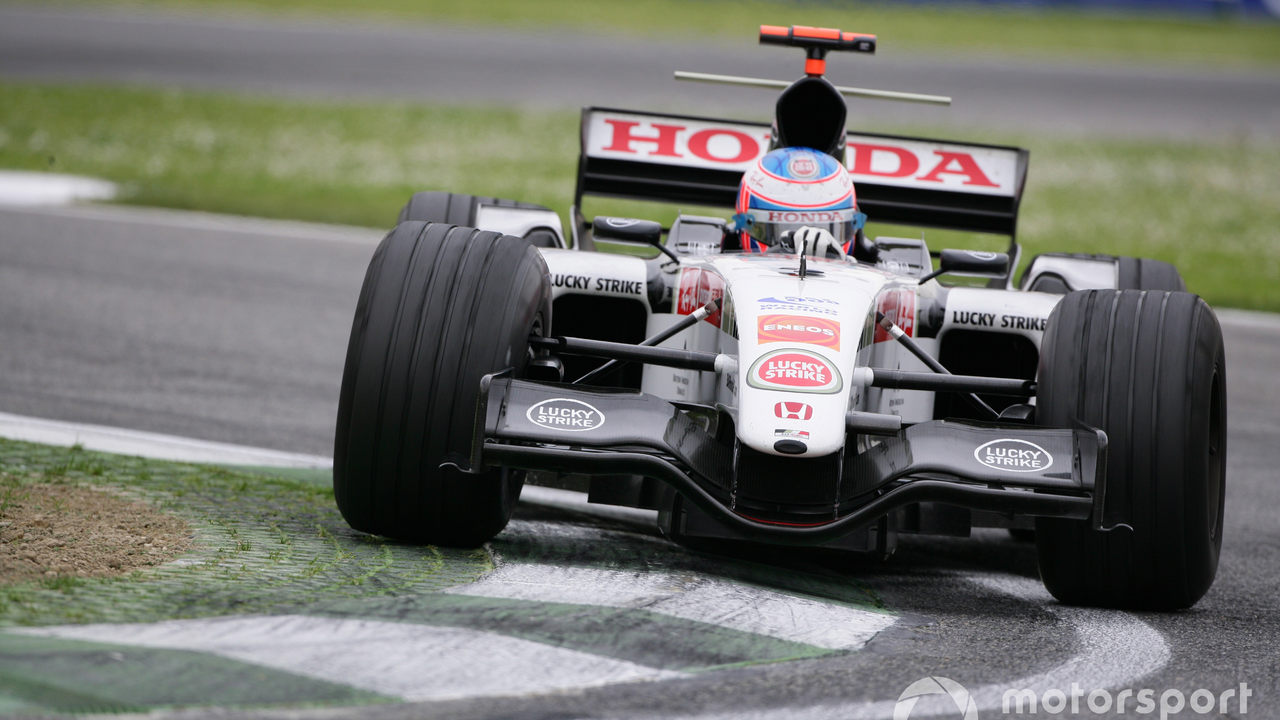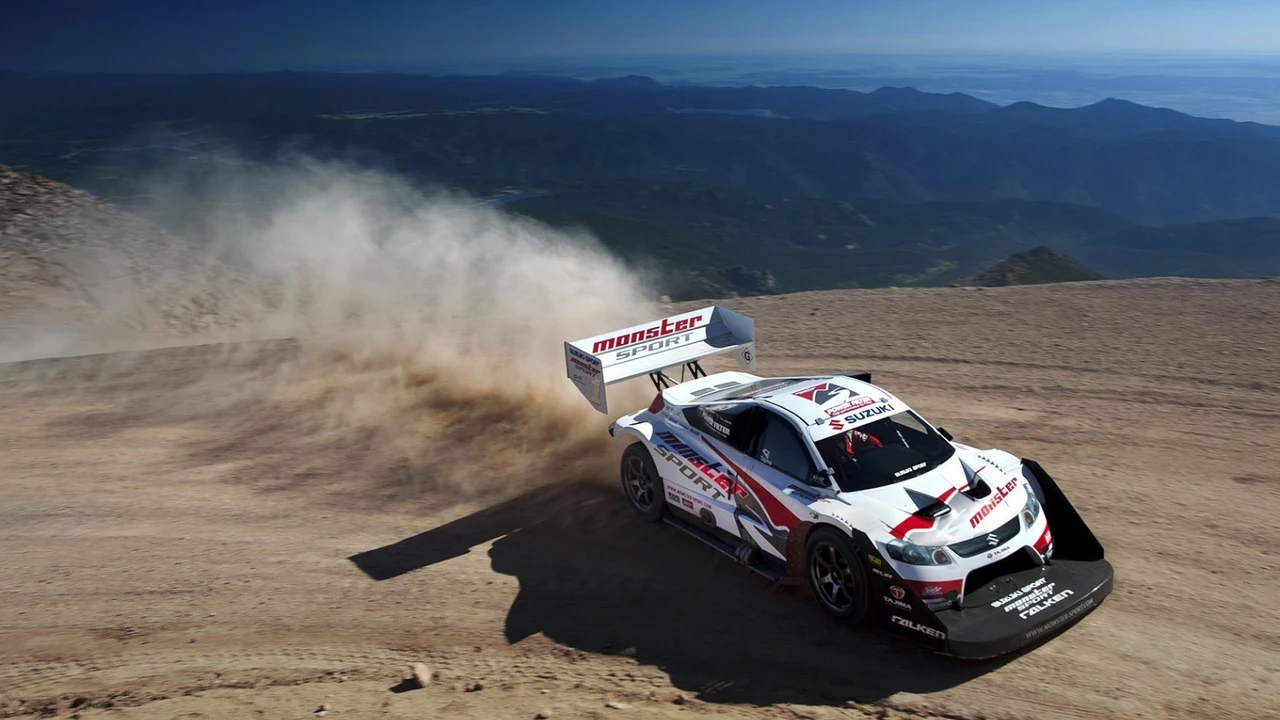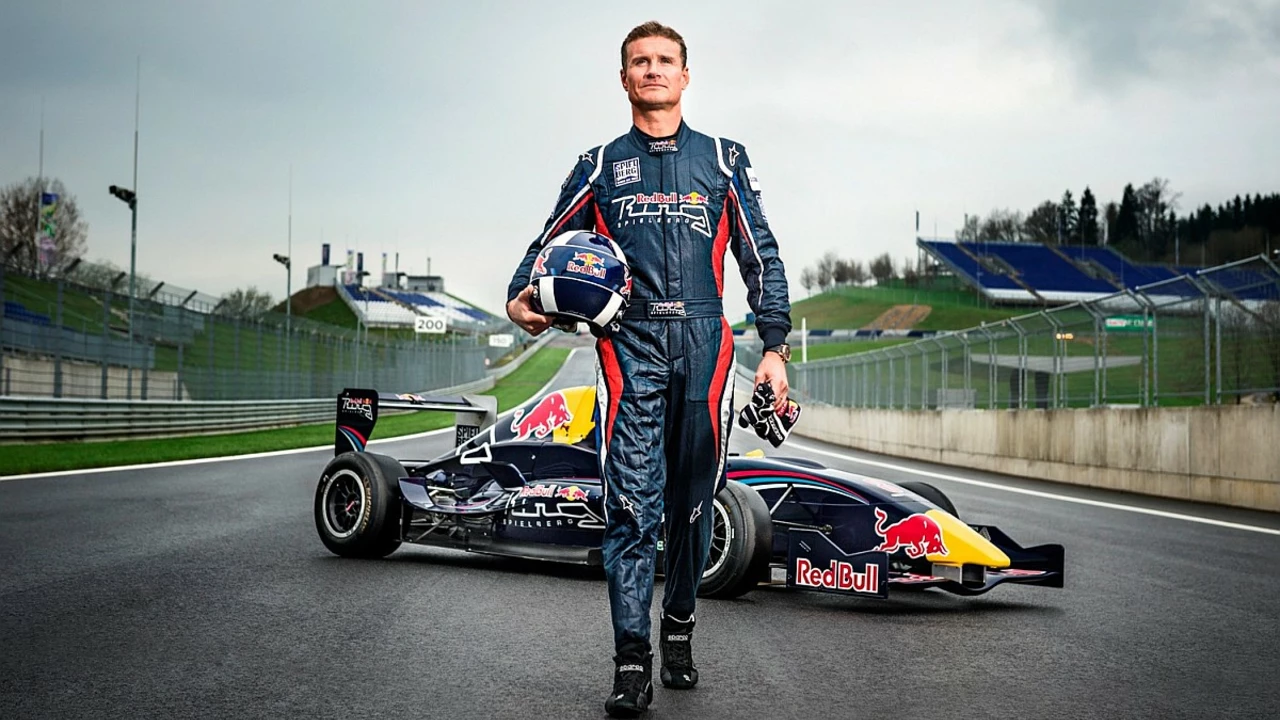July 2023 Motorsports Recap: BMW, Rally Danger, Drivers as Athletes & More
July was a busy month at Bill Smith Motorsports Hub. We answered a fan’s burning question about BMW’s F1 plans, broke down how risky rally racing really is, debated whether race drivers count as athletes, and even took a quick detour into the world of non‑physical discipline. Below is a quick rundown of each story and why it matters to you.
Why Doesn't BMW Compete in F1?
If you ever wondered why you don’t see BMW on the F1 grid, the answer is a mix of strategy and cash. BMW prefers to pour money into its core car business and markets where it can see a clear return. The cost of running an F1 team runs into hundreds of millions every year, and BMW feels its brand gets better exposure in series like DTM and Formula E, where the technology aligns with its road‑car roadmap. So it’s not about lacking speed; it’s about focusing on arenas that match its long‑term goals.
How Dangerous Is Rally Racing?
Rally racing thrills fans with unpredictable terrain, but that excitement comes with high risk. Drivers tackle gravel, snow, and mud at full tilt, often with limited visibility. Bad weather or a sudden jump can turn a race into a crash scene in seconds. Safety crews are on standby, but the sport still sees serious injuries and, occasionally, fatalities. If you love rally, remember the danger is part of the pack‑plus‑risk formula.
Beyond the track, we tackled a question that sits outside typical motorsport chatter: “Are race drivers athletes?” The short answer: absolutely. Drivers train like any elite athlete—cardio workouts, neck and core strength drills, and mental conditioning. They endure G‑forces that would crush an untrained person and need razor‑sharp reflexes for milliseconds‑long decisions. Their bodies and minds are fine‑tuned machines, making the athlete label a perfect fit.
Finally, we explored a surprising topic—non‑physical punishment methods. While not directly about racing, the piece highlighted “time‑out” as a constructive way to teach accountability. The idea resonates with motorsport culture: discipline, reflection, and learning from mistakes are key both on the track and in everyday life.
All four posts show a common thread: motorsport isn’t just about fast cars; it’s about strategy, safety, human performance, and even the ways we teach discipline. Whether you’re a casual fan or a hardcore gearhead, July’s articles give you fresh angles to think about the sport you love.
Missed any of these stories? Scroll back, read the full posts, and join the conversation in the comments. Got a question burning in your mind? Drop it below—your curiosity fuels our next deep dive.
Motorsports Analysis

Why doesn't BMW compete in F1?
Hey there speedsters! Ever wondered why our flashy friend BMW doesn't strut its stuff in F1? Well, it's a mix of strategy and some serious moolah matters. BMW, like the cool kid in school, prefers to march to its own beat, focusing on its core business and consumer market rather than the pricey playfield of F1. Plus, their involvement in other motorsports like DTM and Formula E is where they believe they can have more fun and make a bigger impact. Talk about keeping your eyes on your own paper, huh? Don't worry though, BMW still knows how to put the "vroom" in your ride!
Adult Lifestyle and Relationships

Could you describe your favorite punishment implement?
In the blog post, I shared my thoughts on my favorite punishment implement, which is not a physical tool, but rather the concept of 'time-out'. I expressed my belief in this non-violent approach, emphasizing that it encourages self-reflection and understanding of consequences. I discussed the effectiveness of 'time-out' in teaching children about accountability and the importance of making right decisions. I also shared some practical tips on how to properly implement this method. Lastly, I reiterated my stand against physical punishment, advocating for more humane and educational forms of discipline.
Sports & Recreation

How dangerous is rally racing?
Rally racing is indeed an exhilarating sport, but it's also fraught with risk. The unpredictable nature of the terrain and high speeds can lead to serious, sometimes fatal, accidents. Participants are not only exposed to physical injuries but also mental stress. The danger level is heightened by weather conditions and the state of the rally cars. Despite rigorous safety measures, it's clear that rally racing is a high-risk sport that requires absolute skill and caution.
Motorsport Opinion

I'm a huge motorsport fan. Are race drivers athletes?
As a passionate motorsport enthusiast, I've often pondered whether race drivers can be classified as athletes. This question arises from the intense physical and mental conditioning that drivers undergo to withstand high-speed racing. They must possess quick reflexes, sharp focus and endurance, similar to traditional athletes. Despite the sport's mechanized nature, the human component is fundamental to performance. Therefore, considering the skill and conditioning required, I believe race drivers should indeed be acknowledged as athletes.